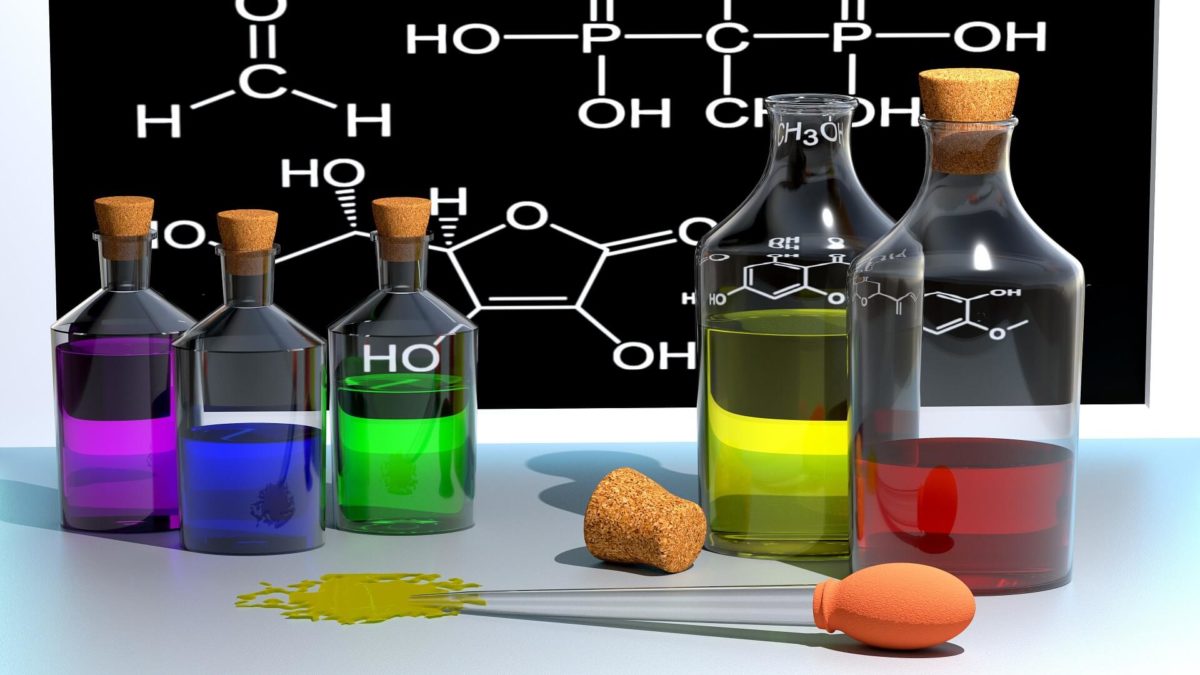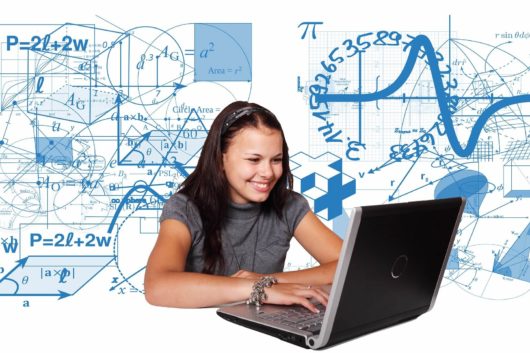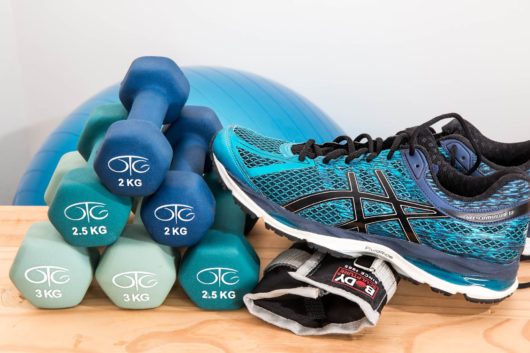Four Year High School
The project
The Liceo quadriennale, Four-Year High School, is an experimental way of teaching available in a limited number of schools upon approval by the Ministry of Education. It is a great chance for innovation and cultural and social growth. Its aim is to provide its students with advanced competencies through innovation in educational methodology and organization, contacts with the business world and highly qualified teachers. In addition, the project allows the students to complete high school in four years, instead of the usual five years.
Why
As our economies, cultures and social structures get more and more globalized, it is necessary to compare the possibilities offered to the young in different countries. Many foreign students complete high school one year earlier than Italian students, increasing their opportunities when entering the job market. This is the reason why the project for an Italian four-year high school was born. The four-year high school more than compensates for its shorter duration through:
- revolutionary teaching methods
- reconnection between school knowledge and competencies and the real world
- experimental educational and organizational models
- equal opportunities (for Italian schools abroad, charter schools, international baccalaureate schools)
- equality
- stimulation of a curricula revision.
Objectives
- improvement of the educational method, with a focus on internationality
- program flexibility through innovative and open didactic models
- acquisition of Italian and global citizenship competencies, relating them to the global challenges
- offering the most diligent and interested students the chance to enter university one year earlier
- creation of an educational path based on the students’ objectives through a focus on orientation
- supporting multi-linguism through initiatives such as language laboratories, internships abroad, international exchanges
- focus on mathematical, scientific and technological knowledge
- developing social and civic competences
Peculiarities
- teachings in English and French
- experienced professors able to support the acquisition of competencies to facilitate efficient integration into the job market
- focus on the relation and integration between different subjects in order to create organic knowledge
- dynamic teaching based on the collaboration between students and teachers through the support of technological tools
- theoretical and practical teaching
- international certification of competencies at the end of high school
- recognition of each student’s potential, preferences, issues and objectives with the aim of orientating him/her toward a satisfying career.
Schedule and planning
In order to compensate for the shortened duration of high school, the school calendar is modified as follows:
- each year is 37 weeks long, starting the first week of September and ending in June
- school holidays follow the regional calendar
- the weekly schedule is made up of 34 hours: 8 a.m. – 2 p.m. Mon-Fri plus two afternoons
- the school year is divided into three trimesters with evaluations at the end of each one
- at the end of the year, partial evaluations and progress are evaluated to formulate the final scores
- students with educational gaps will attend refresher courses and they will be examined in July
- the students will have a work experience in the summer between the third and the fourth year.
Languages
-
- Both English and French are studied through language courses as well as subjects taught in English and French. Specialized teachers will support the students’ bilingualism. From the fourth year, CLIL methodology will be used with the aim of providing the students with the language skills they need to enter the job market.
- Language study trips in the UK and France during the school year and/or during the summer. These include family stays, language courses taught by ESOL certified native speakers, work experience in local companies and shops and trips to cities like London or Paris.
- Trinity certification. A B2/C1 level are expected by the end of the four years.
- CLIL, Content and Language Integrated Learning, method applied since the third year.
- History Walks in Italian cities with native English speakers. History Walks are an innovative didactic experience that combines the use of a foreign language with a CLIL teaching unit.
Projects
-
- Lab projects focused on fighting alcohol and drug abuse, smoking and bullying and to promote healthy habits. The projects are carried out in collaboration with the families.
- Pollution project: in-depth exploration of environmental issues that have a direct effect on human health. Air, water and soil pollution are studied through lectures with experts, group work, discussions and guided visits to endangered environments such as Parco del Ticino, Valle Staffora, Val Trebbia and hydroelectric power plants.
- Biology projects in English (CLIL methodology) involving Science teachers and English teachers.
- Chemistry lab: lectures, group work, Chemistry experiments for a total of 12 hours. Visits at Pavia University biology labs.
- ECDL courses and exams through theory, practical exercises in the computer lab and test simulations.
- Physics lab. Physics support the student’s problem solving, observation and analysis skills. The project involves lab activities, simulation software, smartphone experiments, collaboration with Pavia University, CLIL methodology.
Innovative methodologies and technologies
-
In the four-year high school project, the students are a dynamic part of the educational process and they contribute to the development of the daily learning.
The methodology is periodically evaluated and improved in its impact on the individual learning experience.
Attraverso verifiche periodiche vengono monitorate e potenziate progressivamente la qualità dell’impostazione didattica e dell’impatto formativo sugli studenti.
We value debate and multidisciplinarity, abandoning the habitual frontal lesson for innovative teaching methods:
- cooperative learning
- flipped classroom
- LIM and tablet;
- lab activities
- multidisciplinary teaching
- debate;
- blended learning
Work experience
-
Through work experience, our students aged 15-18 can complete a period of work experience within companies and institutions during high school.
Work experience supports:
- The combination of theoretical and work-based learning
- The enrichment of the students’ competencies
- Career orientation
- The collaboration between the school and the employers, involving the school in local institutions and realities
- The connection of the school teachings to the local cultural, social and economical development.
Work experience integrates the different teaching approaches and the different social actors to amplify and diversify the places, modes and times of learning.
The goal of work experience is to motivate the students by helping them discover their personal motivations, interests and learning styles through practical learning.
Our students will complete a 200-hour work experience during the summer holidays between the third and fourth year of high school.
Teachers’ role
-
The teaching staff is a cohesive, responsible and qualified group of professionals. They are receptive of possible areas of improvement in their field and in their collaboration with the other teachers. Each teacher will support the students in the development of their individual skills, knowledge, judgment and in their personal growth.
Multidisciplinary working groups are organized to support the students in reaching multidisciplinary competencies.
The high school activities are coordinated by the principal, who plays an important role as a point of contact between the school, the students and their families. The principal verifies the objectives and selects and evaluates the teachers.



